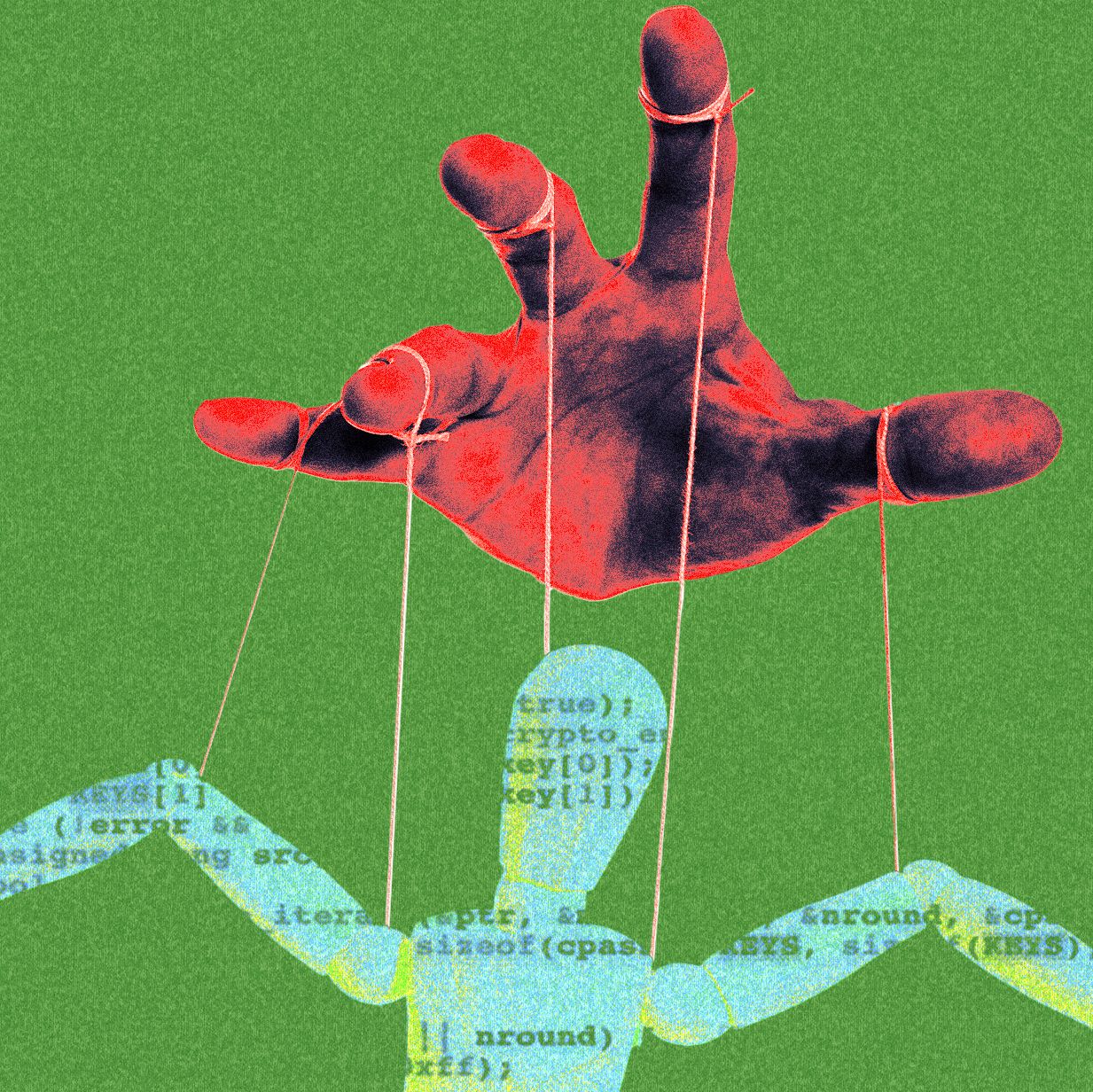How Private Equity Killed the American Dream
In recent years, private equity firms have gained significant influence and power in the American economy. These firms buy companies using large amounts of debt, restructure them to make them more profitable, and then sell them for a profit. While this model can be successful for investors, it often comes at the expense of workers and communities.
One of the main ways in which private equity firms harm the American Dream is through their ruthless cost-cutting measures. In order to increase profits, these firms often lay off workers, reduce wages, and cut benefits. This not only affects the livelihoods of individual workers, but also has a negative impact on the local economy.
Another way in which private equity firms harm the American Dream is by loading the companies they acquire with debt. This can leave the companies vulnerable to financial instability, making them more likely to go out of business or lay off workers in the future.
Private equity firms also prioritize short-term profits over long-term sustainability. Their focus on maximizing returns for investors can lead to decisions that are detrimental to the long-term health of the companies they acquire, as well as the communities in which they operate.
Furthermore, private equity firms often engage in questionable practices, such as asset stripping and tax avoidance, that further erode the American Dream. These practices can result in the hollowing out of once thriving companies and communities, leaving behind a trail of economic devastation.
In conclusion, the rise of private equity has had a negative impact on the American Dream. By prioritizing profits over people, these firms have contributed to growing income inequality, unemployment, and economic instability. It is crucial that we examine and address the harmful effects of private equity in order to rebuild a more equitable and sustainable economy for all Americans.






More Stories
‘People Are Going to Die’: A Malnutrition Crisis Looms in the Wake of USAID Cuts
You Asked, We Answered: All of Your AI Angst
A New Kind of AI Model Lets Data Owners Take Control